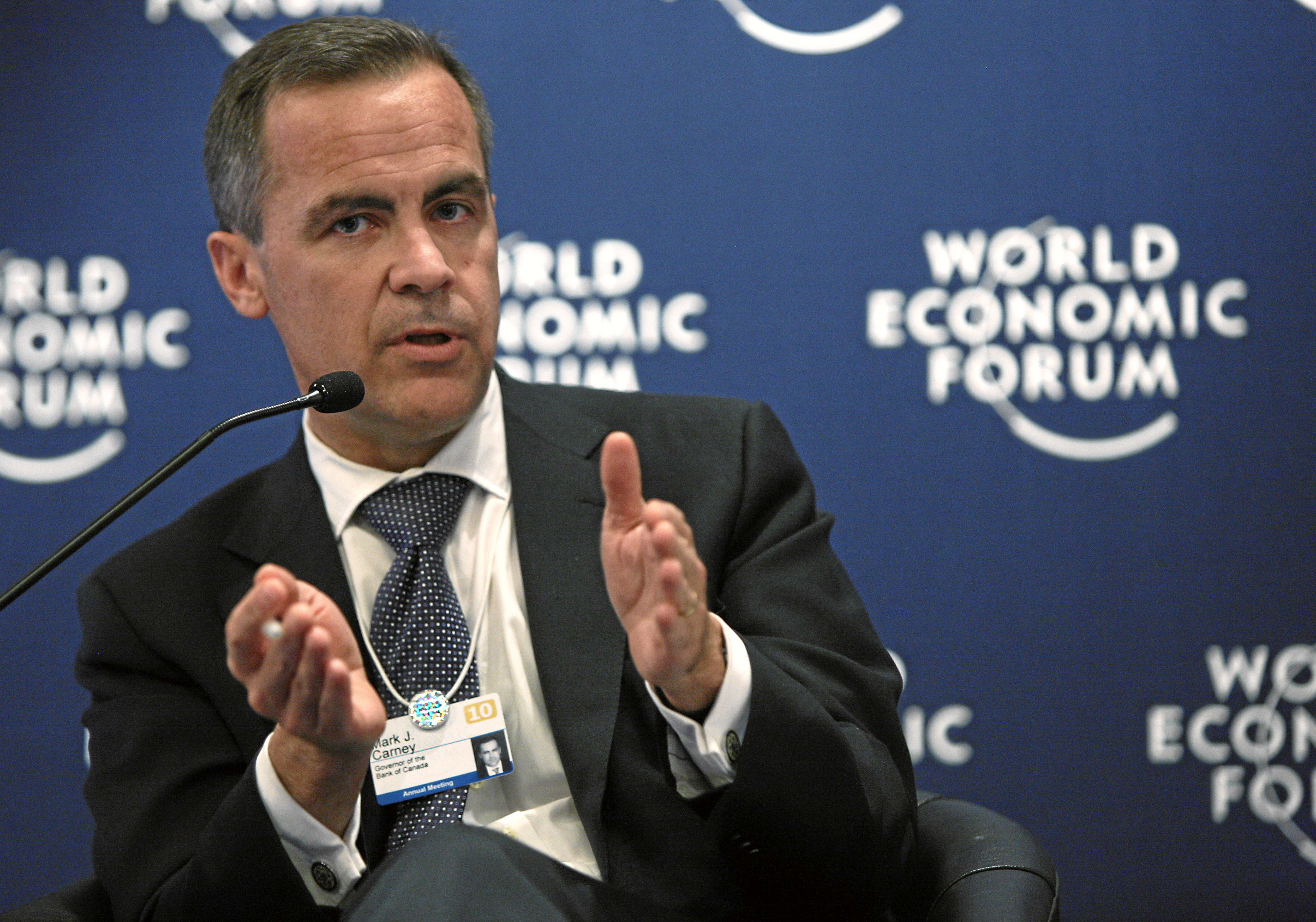This piece was originally published by the Frontier Centre for Public Policy. You can find it here.
Canadian economist Mark Carney is stepping down as the Governor of the Bank of England and will be replaced by Andrew Bailey on March 16, 2020. Anybody actively involved in the Brexit debate, as I am, is certain to hold strong opinions about Carney’s time in the role, as well as his retirement. Brexit supporters see this as a victory and a relief, while Remainers are no doubt nervous to see someone so vocally on their side saying goodbye. Carney leaving is the death knell of Remain, after Conservative Boris Johnson won a decisive majority in the general election that will allow him to finally deliver Brexit.
Perhaps our cousins across the Atlantic see Carney as a stabilising figure, and I see why. He is widely seen to have played a major role in helping steer Canada through the financial crisis. He was a steady hand and a moderate, reasoned force that kept the country afloat during a turbulent economic time. Political bias didn’t really come into play. But it did during Brexit; so much so that Carney was looked upon by many, even in the media and politics, as a political activist.
I don’t doubt that Carney is a capable man, but throughout the campaign to leave the European Union, and after the people voted to leave, Carney and the Bank of England issued multiple warnings and forecasts that have proven to be wrong or grossly exaggerated. Now, as Carney is preparing to leave, I thought it fitting to look back at how his anti-Brexit bias has damaged his legacy, and how his activism has backfired.
In 2016, Carney started what felt like a scare campaign about the economic impacts of Brexit. In spring, before the referendum, he announced that the Bank of England would offer banks billions of pounds to avoid a financial crisis following the Brexit vote. Carney also suggested that voting to leave the European Union would result in major financial services quitting London. In a service economy, with London a major financial services hub, this was a hugely significant prediction and one that received much airtime and press attention. He even suggested that Britain would lose influence over regulations, that there would be a “reduction in financial stability” and made it very clear that he endorsed former Prime Minister David Cameron’s so-called EU “reforms” instead of leaving. Despite claiming that the Bank of England would not tell people how to vote, he stated that Cameron’s deal reinforced the “positive impact of EU membership.”
In May, he doubled down on his suggestion that the UK faced the very real possibility (or likelihood) of experiencing a technical recession for even voting for Brexit. Speaking to the Treasury Select Committee, he said, “Brexit, to my mind, would have a material impact on growth and inflation. It would be likely to have a negative impact in the short term.”
In November 2018, the Bank of England published a Brexit analysis that suggested a No Deal Brexit (leaving the EU without a deal in place) would see GDP contracting by 8 percent in one year. A contraction of this size would come as the result of a major disastrous event, hyperinflation, or the collapse of civil society. It would be a cataclysmic event that could surely only occur if all trade with the European Union ceased immediately. This wild and unrealistic prediction was, of course, later walked back.
Ultimately, his predictions that the sky would fall in didn’t work. The British people voted to leave the European Union and the scare tactics from the side of Remain that continued in the years following the referendum did nothing but reinforce the British peoples’ desire to leave the EU. After three years of the politicians trying to cancel or frustrate Brexit, Boris Johnson now has the mandate he needs to finally deliver Brexit by January 31st. The scare stories are being proven wrong already, and even the chief economist at the Bank of England, Andrew Haldane, admitted that the economics profession was in “crisis” after making misjudgments about the impact of Brexit. Not only did a recession not take place, their prediction that the economy would stagnate in the second half of 2016 was incorrect (it grew 0.6 percent in the third quarter).
Not only has Carney been wrong at virtually every turn, Britain’s economy has been doing well despite total uncertainty about whether Brexit will happen, and what form it will take if it does happen. The economy grew faster than expected during its third quarter in 2019, the European Commission projects UK GDP growth to stay stable at 1.3 percent in 2020, and employment has reached record highs.
And, following Johnson’s election victory, polls show the highest business confidence levels in the UK for three years.
Mark Carney’s political biases clearly got the better of him, and it didn’t work out. The positive future the British people voted for in 2016 is about to be delivered, and Carney leaves his post with only disappointed Remainers sad to see him go.



